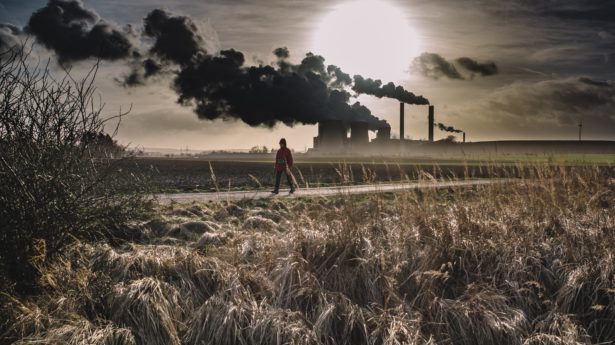The Unitarian Universalist Service Committee advances human rights through grassroots collaborations.
What You Need to Know About COP24, The United Nations’ Climate Change Conference

By Katie Ingegneri on November 30, 2018
The issue of climate change seems to become more pressing by the day. From December 2-14 in Katowice, Poland, leaders from around the world will convene at the 24th Conference of the Parties to the United Nations Framework Convention on Climate Change (UNFCCC), or COP24, to formulate solutions to this concern facing all of humanity. Representatives from UUSC, alongside thousands of activists, world leaders, and community representatives, will be working together to figure out how to finance climate action initiatives and formulate an updated collective action plan that builds on the Paris Agreement of 2015.
It is perhaps the most crucial meeting yet, as countries must quickly come to agreements regarding rapid and expansive overhauls to emissions, energy usage and production, and protection of vulnerable communities.
UUSC will have a presence at the event and will host a workshop on December 4, 2018 at 10:45 a.m. EST.
What exactly is COP24?
It’s the next step in the long-running series of international events facilitated by the UN to address climate change, which previously resulted in the 2015 Paris Agreement, in which all the countries of the world agreed to increase efforts to limit global warming to 1.5°C above pre-industrial temperatures and increase climate action financing, and the Kyoto Protocol in 1997, which defined emissions limits.
Why do we need these events?
These broadly inclusive events allow representatives from across the world to come to a consensus on issues like reducing emissions, carbon pricing initiatives, and agreeing that high-income countries should donate billions of dollars for climate action in developing countries.
Didn’t the United States withdraw from these agreements?
Yes and no. The United States had joined the Paris Agreement in 2016, and in July 2017 announced plans to withdraw from it. But the United States remains a party to the agreement until at least November 2020, which is the earliest it can legally request to withdraw.
What will happen if the world does not act quickly on climate change?
Dire consequences including loss of habitat, loss of agriculture, sea level rise, drinking water scarcity, and extreme heat will be faced globally by billions of people, animals, and the environment if our current trajectory of global warming and climate change continues without significant effort to turn away from fossil fuels and major emissions.
Be sure to follow UUSC on Facebook and Twitter as we share updates from our representatives on the ground in Poland, and our ongoing work with communities facing climate-forced displacement.
Photo Credit: stockstudioX

